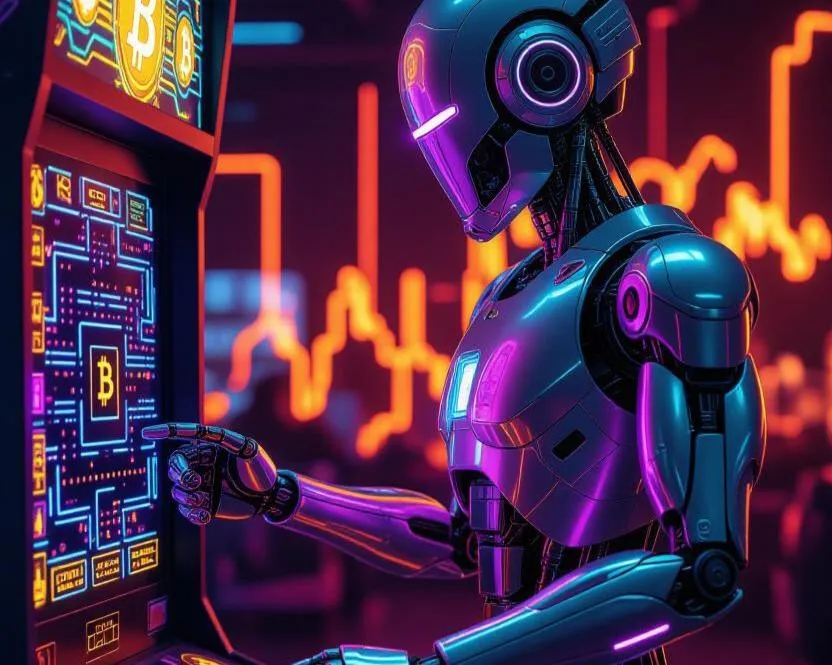
AI Meets Blockchain: Governing the Future of Intelligent Systems
You’ve seen AI powering everything from personalized recommendations to predictive analytics in 2025, but pair it with blockchain, and suddenly systems aren’t just smart—they’re self-governing and transparent. With AI investments hitting $2.6 trillion globally and blockchain markets surging 86% in AI-related activity, this fusion is transforming governance across industries like finance and gaming.
The Hook: AI Boom Meets Blockchain Clarity
Jump to 2025: AI adoption is at 70% in enterprises, while regulators like the SEC are fast-tracking blockchain frameworks amid Davos discussions on their "cheek to cheek" convergence.
Now, combine AI’s smarts with blockchain’s transparency: systems that self-regulate, audit in real-time, and distribute power. It’s not hype—a16z crypto highlights AI agents with crypto wallets autonomously transacting in gaming ecosystems, while OpenLedger's platform has processed 28 million transactions with 23,000 AI models deployed.
Think of it as slicing data and decisions into verifiable blocks on the chain. Smart contracts execute AI outputs automatically, no humans needed.
Why This Matters: Breaking Centralized Silos
AI thrives on data, but centralized setups are vulnerable—hacks, biases, silos. Blockchain decentralizes it: immutable logs, fair access, audit trails. Together:
Automated Trust: AI decisions (e.g., tokenized bond valuations) executed via smart contracts, slashing fraud.
Fair Governance: Blockchain tracks AI data, ensuring transparency. By 2025, 30% of financial AI uses blockchain for this.
Scalable Efficiency: Handles AI’s data floods, like real-time analysis for real estate tokenization.
In finance, AI forecasts market trends while blockchain secures tokenized treasuries, boosting institutional trust.
Real-World Impact: Case Studies
BlackRock's tokenized fund, BUIDL, captured 45% market share in tokenized treasuries, using AI for real-time portfolio adjustments verified on-chain. In gaming, AI agents with wallets autonomously trade in-game assets, as predicted by a16z, cutting fraud by up to 40% in virtual economies. OpenLedger's ecosystem, backed by Polychain Capital, has seen institutional adoption with $2.07 projected token price amid regulatory clarity.
Challenges and the Road Ahead
AI’s power hunger (8% global energy) clashes with blockchain’s eco-issues, and regulatory gaps persist, as seen in ongoing EU AI Act implementations. But fixes are emerging: Efficient chains like Solana, AI optimizations, and decentralized AI (deAI) for transparent governance. Deloitte sees 50% enterprises integrating by 2026, with tokenized RWAs like bonds and equities hitting $50B. This empowers users—from investors in tokenized real estate to gamers in virtual worlds. AI and blockchain: ultimate power couple or overhyped? Share below!
